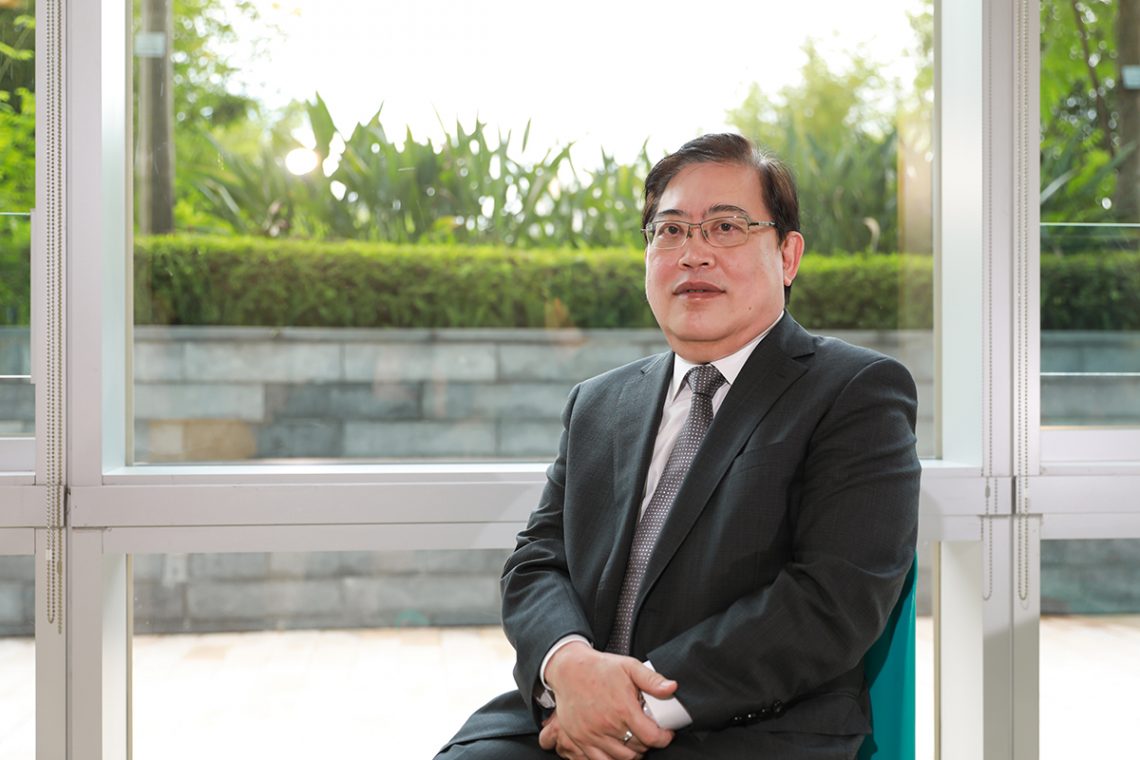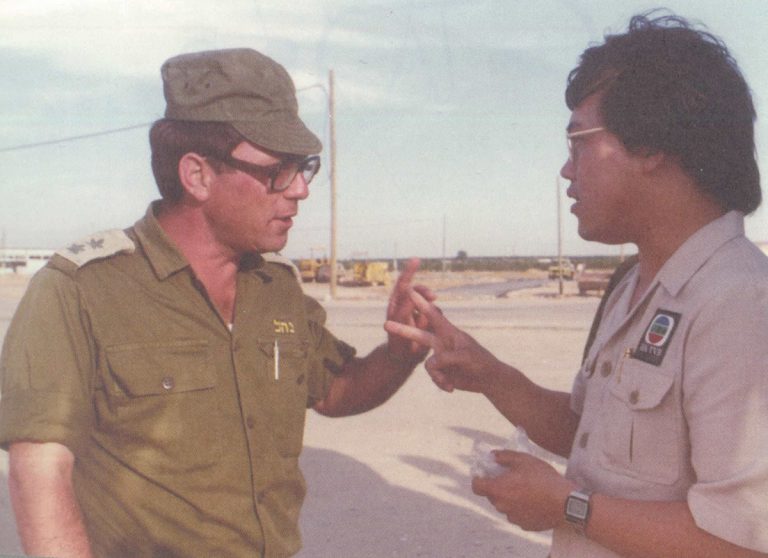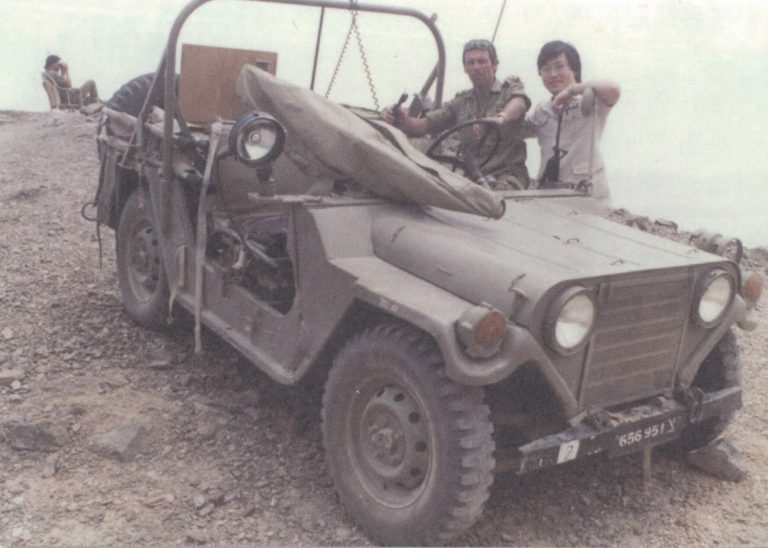Interview with Professor Ronald Chiu
Professor (Practice), School of Communication
Professor Ronald Chiu, a name familiar to those attentive to current affairs, has dedicated himself to the journalism industry for over 40 years. Throughout his career, he witnessed many historic incidents in Hong Kong, China and the world. To cite a few, he reported on the rebuilding of war-torn Vietnam after its reunification; the regional conflicts in the Middle East; and covered the Handover of Hong Kong. He has always charged towards to the front lines as news was being made and watched eras as they changed.
Though sometimes circumstances can be adverse while reporting, Professor Chiu is grateful that he has had a rich career with opportunities to report on incidents which had significant impacts for the world. Of these, the Handover of Hong Kong was one of his most memorable. “We had a comprehensive and in-depth coverage on the Handover. We had live broadcast for 48 hours non-stop, recording Hong Kong’s last 24 hours under the British rule, and its first 24 hours as a Special Administrative Region of China. The coverage included the official ceremony, public sentiment, and the garrison of PLA military forces. We witnessed the whole handover process, which was truly historic.” As a journalist and at the same time a member of the community, Professor Chiu’s thoughts are always with the public during the reporting, “my heart beats with the impulse of society.”
Beyond the changes of society, over the years Professor Chiu has also experienced the rapid transformation of the media landscape. The emergence of the internet has subverted the traditional operation mode of media, enabling the delivery of information through diverse platforms, leading to the ‘de-professionalism’ of the news media. This has produced a flood of information in which ‘true’ and ‘fake’ are hard to distinguish, and the boundary between news reports and commentaries gets blurred. “The professionalism of journalism is controversial, as there is no consensus on the requisite qualifications for journalists. There are not assessment or licensing systems like in other professions. The public recognition for the professionalism of the news industry and its practitioners is largely based on trust. If the trust is lost, the professional image of journalism would be greatly affected.”
On the other hand, although the ‘de-professionalism’ has posed a challenge to traditional news reporting, Professor Chiu thinks that there is no need to be overly pessimistic as the public will eventually realise the value and significance of factual, objective and fair news coverage. However, to sustain the trust of the public in journalistic professionalism, it is still essential for the practitioners in the media industry to receive fundamental media education. In this regard, proper learning and guidance are very important, and this is the main reason why Professor Chiu commits to media education after withdrawing from frontline reporting. “In today’s rapidly developed social environment, many institutions, or even the Government, need outstanding communicators who have formal media and communication education background and have acquired fundamental news and media experience, as this will help institutions a lot in engaging and bridging with the community. I think the Journalism and Communication Programme at HSUHK enjoys a key benefit in this aspect, as it incorporates business elements and thus caters to the demand of the commercial sector for communication talents.”
Apart from imparting professional knowledge, Professor Chiu also wishes to share with youngsters his experience over the decades and inspires them to have a deeper thinking on the news industry, especially on the relation between journalism and the community, and how they mutually affect each other. As Professor Chiu says, while the news media is often referred as ‘The Fourth Estate’ alongside the administration, the legislation and the judiciary of a government, it possesses great power and correspondingly its shoulders heavy social responsibility. He advises students who aspires to join the news industry, “it is because of the values, including the objectiveness and the adherence to truth in news reporting, which the profession stands fast that journalism work can win the trust of the public. The practitioners in the news industry should treasure these values and bear the social responsibility so as to sustain this trust.”



